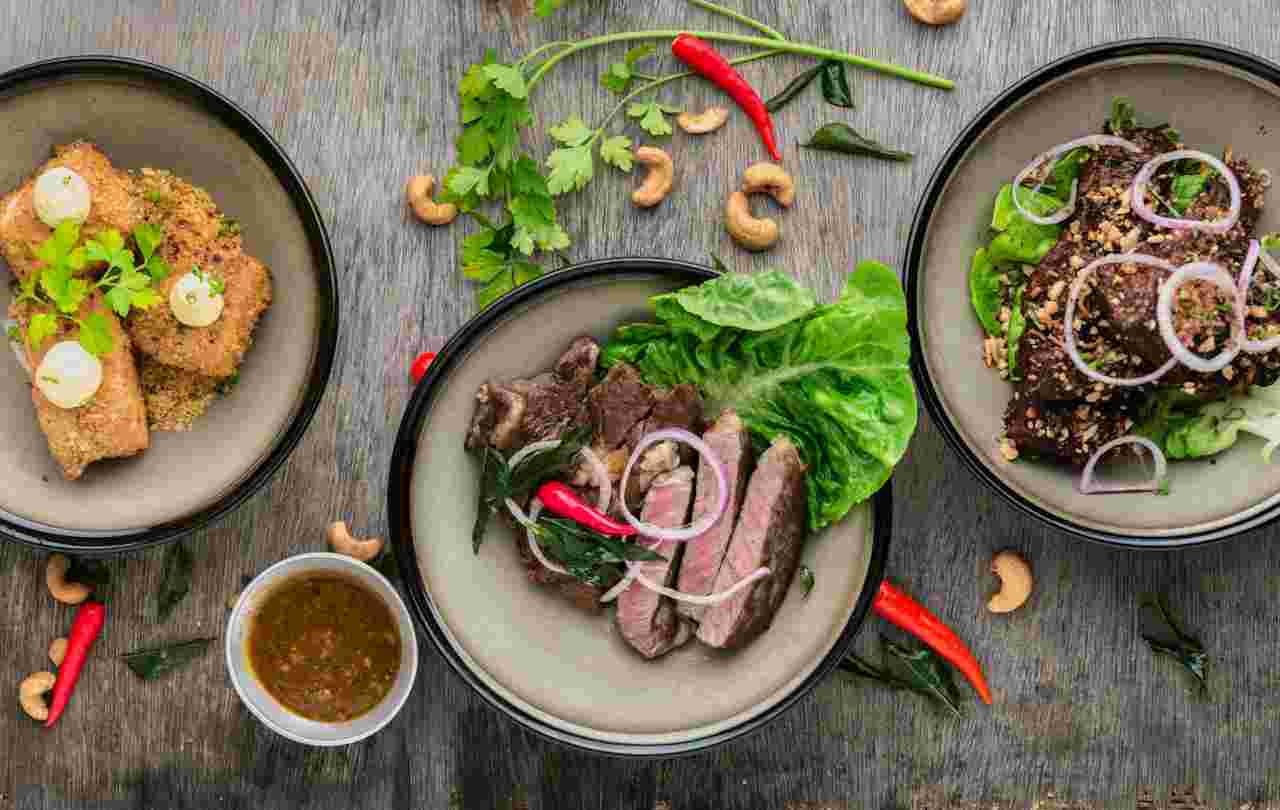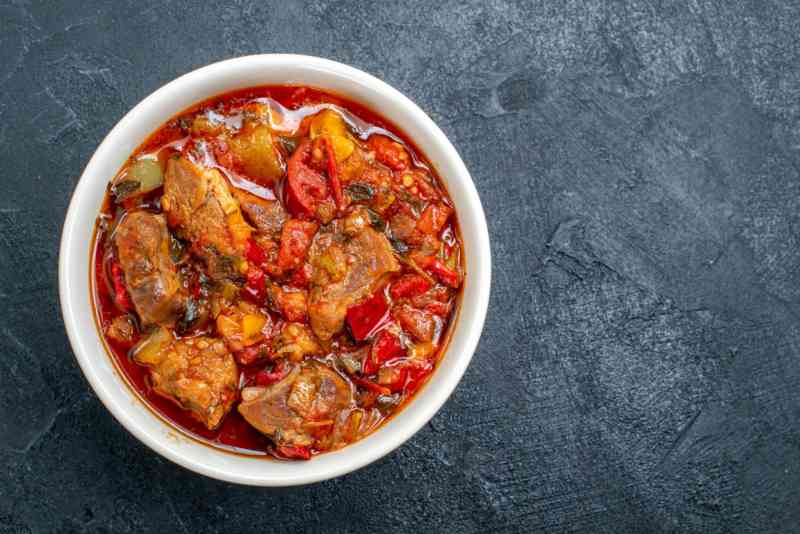Get In Touch
Info@fitfaysal.com

Iron is an essential nutrient, meaning you must get it from things you consume. Luckily, here in Nigeria, we have lots of foods that can save us from the consequences of iron deficiency.
Iron is a mineral that serves many functions, its main function being to take oxygen from your lungs and transfer it around your body wherever it is needed.
It also helps your body fight infections, making it a pretty crucial nutrient for you.
An iron deficiency can cause anemia, making you feel short of breath, lightheaded, and even dizzy.
Your body loses iron daily and the daily value recommended to compensate for that loss is 8–18 mg for non-pregnant adults.

Here are 13 healthy Nigerian foods that are high in iron:
Organ meats, such as liver and kidney, are rich sources of heme iron, which is highly bioavailable (rate of absorption) and easily absorbed by the body.
Consuming organ meats significantly increases iron levels, which supports red blood cell production and prevents iron deficiency anemia.
Red meats are also high in heme iron, making them an important dietary addition for anyone looking to increase their iron intake.
They are versatile and delicious and contribute to overall iron stores, promoting optimal blood oxygenation.
Legumes, such as beans, lentils, and peas, are high in non-heme iron, which is less easily absorbed than heme iron but contributes significantly to iron levels.
Beans are a staple on our Nigerian food list, and we are lucky because they are an essential component of iron-rich diets.
Pumpkin seeds, also known as Ugu seeds in Nigeria, are nutrient-dense and contain a great deal of iron.
These seeds also contain essential nutrients such as magnesium, zinc, and omega-3 fatty acids.
Ugu is a convenient and versatile iron-rich addition or ingredient in various Nigerian dishes.
Awara, also known as tofu or soybean curd, is a plant-based protein source made from soybeans.
Aside from being a great protein source, awara also provides a modest amount of iron, contributing to overall nutrient intake.
Awara is not only delicious, but it’s also a suitable option for people seeking alternative sources of dietary iron.
Certain types of fish, such as tuna and sardines, contain good amounts of iron, essential omega-3 fatty acids and protein.
Fish provide both heme and non-heme iron, which aids in iron absorption and supports a variety of physiological functions.
Ewedu are nutrient-rich greens commonly found and consumed in our Nigerian cuisine.
These leafy greens contain a wide range of vitamins, minerals, and antioxidants, including iron.
They are a healthy addition that contributes to our overall dietary iron intake and promotes optimal health.
Creamy, slightly tangy, and refreshing! Fura da Nunu is a traditional yogurt snack made from millet or sorghum flour and fermented cow’s milk.
This nutritious snack ranks low in the iron tier; however, it makes up for it by being a great source of probiotics and other essential nutrients.
Okra, also known as lady’s fingers, is a versatile vegetable that not only adds “draw” to our Nigerian soups but also provides a decent number of nutrients.
In addition to being rich in dietary fiber and vitamin C, okra provides a slight amount of iron.
Alligator pepper, also called “grains of paradise,” is a strong spice used in Nigerian cuisine for its aromatic flavor and medicinal properties.
They have been praised for the range of health benefits they provide and also for being a flavoring agent for meals.
Alligator pepper contains decent amounts of iron, adding a subtle iron boost to dishes.
Snails are a delicacy found in the core of our Nigerian cuisines and are prized for their tender meat and nutritional content.
Snails are a great and tasty source of dietary iron, along with protein and essential vitamins and minerals.
Egusi, or melon seeds, are commonly used in our local cooking to thicken soups and stews and add a rich, nutty flavor.
But they don’t just stop at being mouth-watering.
In addition to being such a versatile ingredient, egusi seeds offer an underrated amount of iron, contributing to overall nutrient intake.
Adding a combination of these Nigerian foods will surely set you up to hit your iron intake daily.
You now have a rich list of Nigerian foods high in iron, so what’s left?
Certain conditions can increase iron bioavailability (rate of absorption), which allows your body to make the most of the iron you consume.
Here are some ways you can maximize and enhance your body’s iron absorption:
Consuming foods high in vitamin C, such as citrus fruits, bell peppers, and tomatoes, can help the absorption of non-heme iron found in plant-based foods.
So, consider adding citrus fruit slices to iron-rich salads or bell peppers to dishes with iron-rich ingredients.
Calcium can hold back the absorption of iron when consumed together.
Therefore, it’s best to avoid pairing iron-rich foods with dairy products or calcium supplements.
Cooking certain acidic foods in cast-iron cookware can boost their iron content.
Acidic foods, like tomato-based dishes or soups, absorb more iron from cast-iron cookware while cooking.
However, this method must be used cautiously because too much iron can cause health problems.
Fermented foods, such as yogurt and kefir, contain probiotics, which may boost gut health and iron absorption.
That’s all. Cheers, guys!